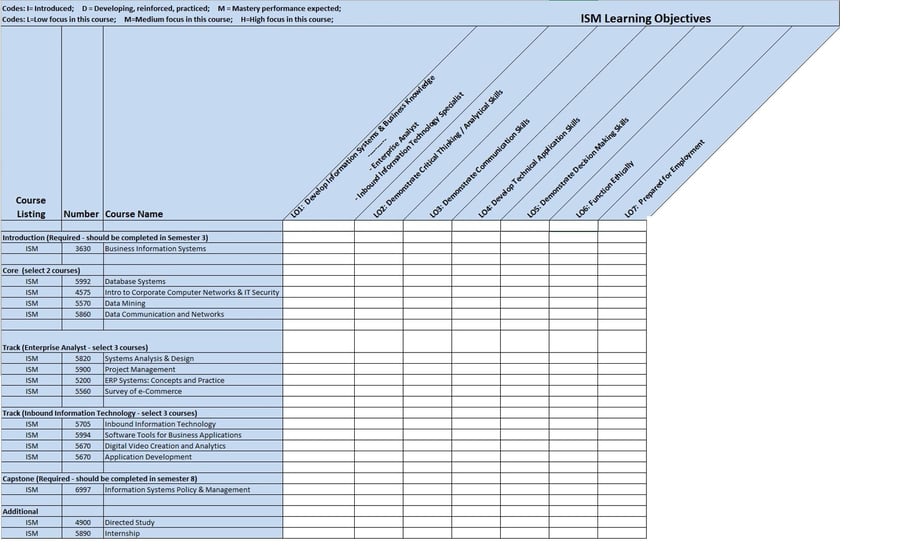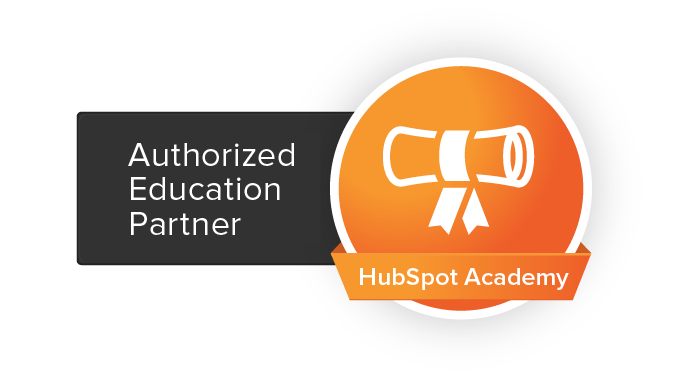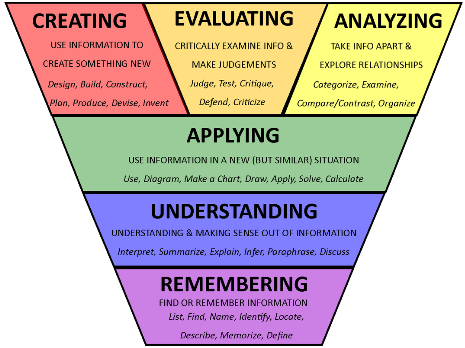Writing Learning Objectives
Measurable learning outcomes typically consist of:
- What the student will be able to do as a result of instruction / active participation in a course
- Specific criteria for student success: What would constitute proficiency?
- Aligned assessment methods: How is proficiency assessed?
Examples can be found at ... clas.wayne.edu/Multimedia/Syllabi/Writing Learning Outcomes
[fa icon="chevron-up"]
ISM Program Learning Objectives
Graduates who have a major in Information Systems Management (ISM) should have obtained skills that will provide them an opportunity to succeed in the Information Systems profession. The ISM program is focused on seven (7) key overall learning objectives.
LO1: Develop Information Systems and Business Knowledge
Graduates can apply their knowledge of information systems to solve general business issues as well as helping bridge the understanding gap between technical and non-technical business professionals.
Students gain this knowledge by primarily enhancing three (3) skill categories. These skills include:
- Information Systems - Business Strategy linkage skills
Students have the ability to understand and analyze the connections between Business Strategy, Information Systems Strategy, and Business Processes.
- Cost / Benefit Analysis skills
Students have the ability to understand and analyze the costs and benefits associated with various Information Systems projects.
- Software Solution skills
Students have the ability to understand and analyze how software applications and technology tools impact the organization.
LO2: Demonstrate Critical Thinking / Analytical Skills
Graduates can demonstrate the ability to engage in critical thinking by analyzing various business issues and then constructing and selecting appropriate Information Systems solutions to solve the identified problems.
Students can demonstrate critical thinking abilities including the ability to:
- apply appropriate information to business issues,
- use databases and large datasets to uncover and present insights,
- use analytic tools for data-based evidence, and
- conduct reasoning to solve organizational problem, make recommendations, and draw logical conclusions.
LO3: Demonstrate Communication Skills
Graduates can demonstrate the ability to communicate effectively.
Students gain this ability by primarily enhancing three (3) skills. These skills include:
- Presentation skills
- Students will be able to conduct detailed, quality presentations on specified Information Systems topics
- Students can identify and use the proper presentation delivery tools and techniques
- Written skills
- Students can develop and provide written documentation understandable by business users.
- Students can demonstrate effective written skills such that the message is clearly understood by individuals with diverse backgrounds, capabilities, and interests.
- Collaboration / Team skills
- Students can demonstrate leadership skills, consensus building skills, and conflict resolution skills.
(It is understood that effective communication is more than just the words used. Effective communication combines a set of skills including nonverbal communication, engaged listening, managing stress, communicating assertively, and recognizing and understanding both your emotions and the emotions of the person with whom you are communicating. Effective communication includes the ability to explain what you mean in a clear and concise way through written and spoken words. Effective communication includes listening and relating to other people, and acting upon key information / instructions.)
LO4: Develop Technical Application Skills
Graduates can demonstrate effective use of various workplace productivity technology tools such as spreadsheets, word processing applications, presentation software, databases, and electronic communication technology tools such as chatting, email, texting, video, social media, and collaboration tools.
- Students can apply these skills to analyze a business problem, evaluate possible solutions, and create a solution as part of an organizational's team.
- Students can select and apply appropriate technology tools and techniques to a business problem based upon the specific problem's context.
- Students can develop detailed specifications for an application to meet user requirements.
- Students can develop web-based applications to meet user needs.
- Students can demonstrate an understanding of system administration requirements.
- Students can acquire, deploy, maintain, and manage various information systems, infrastructure, security, resources, and services.
LO5: Demonstrate Decision-Making Skills
Graduates will be able to make informed business and technical decisions as well as the ability to solve unstructured problems in a rapidly changing environment.
Students can analyze a business problem within complex environments affected by multiple facts, external influences, and multiple stakeholders with varying interests and agendas.
LO6: Function Ethically
Graduates can understand and identify ethical issues in business practices and then analyze, evaluate and take a position on the ethical issue.
Students can function ethically and responsibly. They are conscious of ethical, global, legal, professional, security, and social related to information systems.
LO7: Prepared for Employment
Graduates are sufficiently prepared for employment in the Information Systems field and will have experiences with tools and applications to solve business problems.
- Students can demonstrate their learning-to-learn skills. They understand how to search for information.
- Students have earned professional certifications.
- Students can demonstrate an understanding of the various career opportunities available in Information Systems.
[fa icon="chevron-up"]
ISM Undergraduate Curriculum Map

[fa icon="chevron-up"]
Learning Outcomes
Statements of the intended results of the program:
- Specific, measurable statements of what graduating students should know, be able to do, believe, or value
- Derived from the mission statement
- Focused on the results of student learning, not on the learning process or on teaching
[fa icon="chevron-up"]






